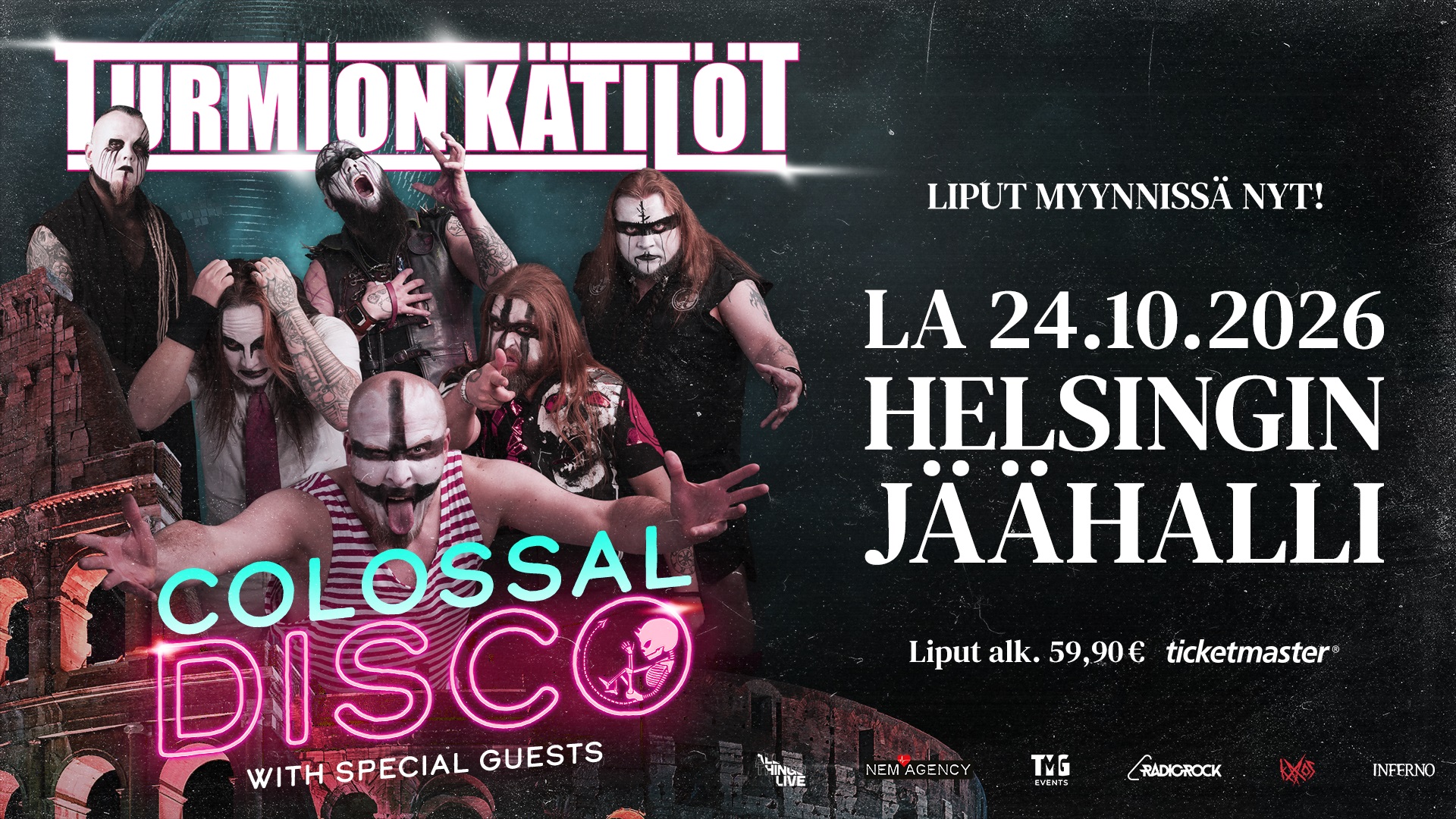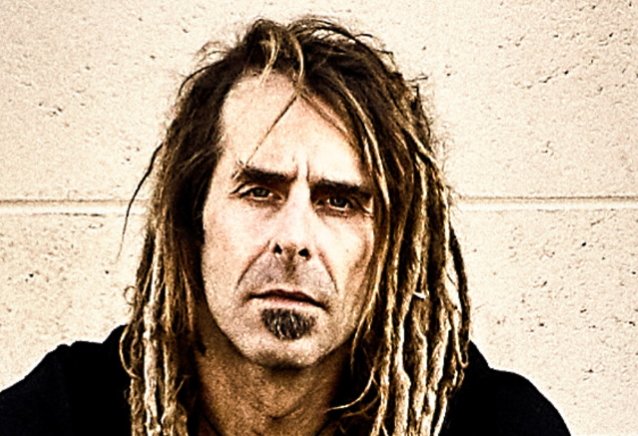Lamb Of Godin Randy Blythe ei usko Metallican lopettavan lähitulevaisuudessa: ”He ovat tavallaan ikuisia”
Seuraavan, ”Lamb Of God” -nimisen albuminsa kesäkuun 18. päivä Nuclear Blastin kautta julkaisevan Lamb Of Godin Randy Blythe on kertonut oman mielipiteensä metallimusiikin tulevaisuudesta tuoreessa The Metal Teddy Bear Experiencen radio-ohjelmassa. Randylta on haastattelussa kysytty mitkä bändit mies itse näkee potentiaalisina soihdunkantajina, kun jättiläiset kuten Metallica, Judas Priest ja Iron Maiden lopettavat joskus uransa. Randy on haastattelussa todennut Metallican ja Iron Maidenin todennäköisesti olevan metallimusiikin genren viimeisiä oikeita jättiläisiä, joiden saappaita tuskin tulee koskaan mikään bändi täyttämään. Randy totesi haastattelussa uskovansa Metallican ja Maidenin jatkavan uraansa vielä pitkään, joten metallimusiikin ystävät pääsevät nauttimaan näistä bändeistä vielä vuosien ajan. Randy kertoi ajatuksiaan aiheesta seuraavasti:
”I have no idea. I don’t know if METALLICA is going anywhere. I think you’re starting with a faulty supposition. I don’t know if IRON MAIDEN is going anywhere. And we aren’t going anywhere; I mean, we have another good while in us. I really don’t think METALLICA is going anywhere, bro. I think they’re kind of eternal; it’s what they do. And eventually we’ll all stop, yes — eventually. When I can no longer do what I need to do live, which is physically exhausting. Nobody wants to see me stand up there like a lounge singer — I’m not that pretty — so I’ve gotta be a maniac.
Artikkeli jatkuu mainoksen jälkeenMainos päättyyI don’t know who would be the next legacy bands. I mean, I love GOJIRA — they just get better, better and better. But they’re not that much younger than us, I don’t think. They’ve been doing it a good long while. So I have no idea — I have zero clue. I will say I don’t think there’s ever gonna be any more METALLICAs or MAIDENs, because it was a different time, and there was a whole lot less music then. And these were kind of like progenitors of the type of music we play, and there weren’t that many of them, so a few bands really stood out. Now there’s a bazillion freaking bands.
I think the music scene is really big, which is good, but it’s also problematic particularly for younger bands trying to make it, ’cause you have to work twice as hard in just an ocean of music… It didn’t use to be that way, I can tell you that much.”


